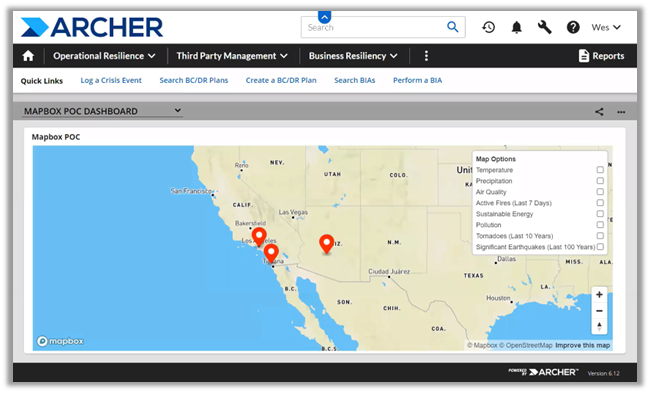Organizational Trust and Third-Party Risk Management
- bendesj
- May 17, 2023
- 2 min read

As organizations increasingly rely on third-party solutions and services to perform business functions, effective third-party risk management has become critical. With increasingly complex vendor ecosystems, third parties can introduce potential risks that organizations must prioritize in their risk management strategy. These risks include financial, security, reputational, and regulatory risks that can have significant impacts on an organization’s operations, finances, and reputation.
One key element of effective third-party risk management is building and maintaining organizational trust. Organizational trust is a key factor in mitigating third-party risks. Including organizational trust in selecting vendors, due diligence, continuous monitoring, and building critical vendor relationships is important to ensure that your third party's values align with your organization’s goals and priorities.
Selecting a vendor
When selecting a vendor, it is crucial to consider whether the vendor shares your organization’s values and goals. To be confident that a potential vendor is the right fit for your organization, you need to understand the vendor’s reputation for transparency, collaboration, and accountability. This knowledge will help you make informed decisions that align with your organization's priorities.
Performing due diligence
The due diligence process is essential to assess potential risks and vulnerabilities, avoid potential pitfalls, and establish relationships with third parties to ensure that the relationship is productive and collaborative. By setting clear expectations and guidelines, establishing communication, and building trust with third parties during the due diligence process, you can ensure that the relationship is productive and collaborative.
Including continuous monitoring in your third-party risk management strategy
Continuous monitoring is a critical component of any effective third-party risk management strategy. By tracking and evaluating vendor performance on an ongoing basis, organizations can identify and respond to potential risks and vulnerabilities, ensure that vendors are meeting their expectations over time, and maintain strong relationships with their vendors.
Building strong vendor relationships
Building strong relationships with critical vendors is essential to maintaining trust and ensuring effective third-party risk management. Effective communication and transparency are critical components of organizational trust in third-party risk management. You need to establish clear expectations for your vendors around reporting and ensure that everyone understands the importance of reporting potential risks.
Including organizational trust in your third-party risk management strategy is important to mitigate risks and ensure effective third-party relationships. Prioritize trust in vendor selection, due diligence, continuous monitoring, and building vendor relationships to ensure your third parties' values align with your organization’s values and risk is managed effectively.
Visit Archer Third Party Governance for more information. Contact us to speak to an Archer Expert.








